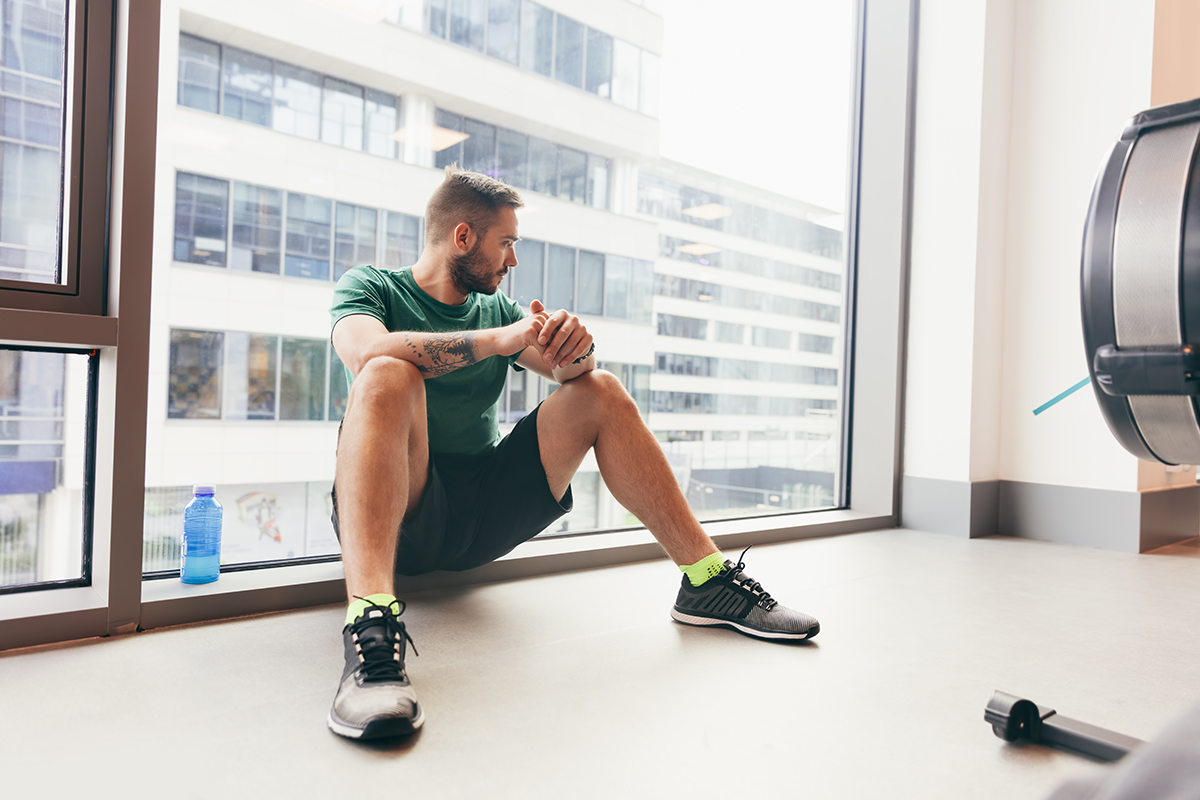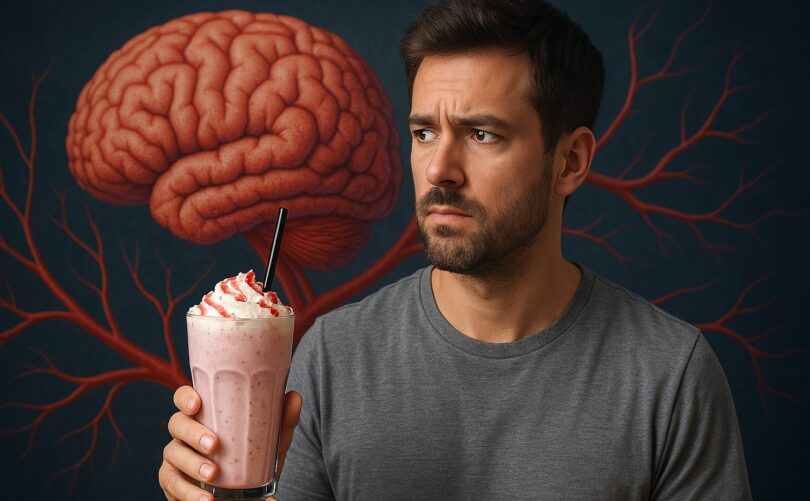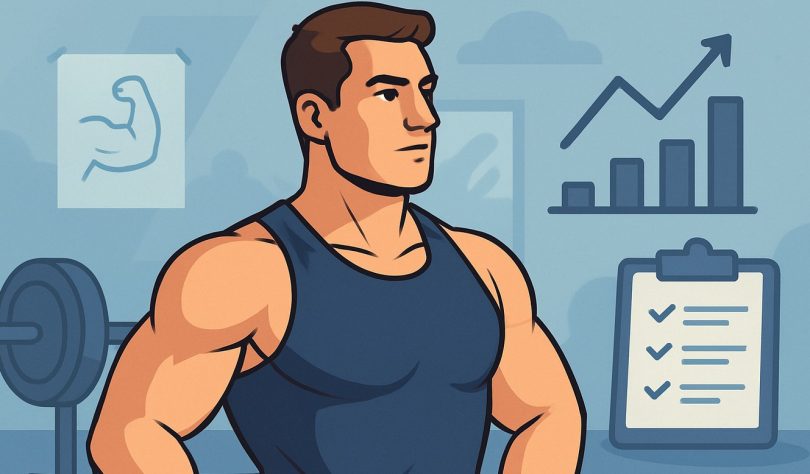Starting a fitness journey can be both an exciting and daunting task, especially for beginners. There’s a world of information out there, making it challenging to discern the best path forward. In this comprehensive guide, we’ll demystify the process and break down the essential steps to launch you on your journey towards a healthier, fitter lifestyle.
Table of Contents
- Preparing Yourself for Starting Your Fitness Journey
- Creating a Fitness Routine
- Understanding Exercise Types for Your Fitness Journey
- Eating Right for Fitness
- Importance of Hydration
- Tracking Your Progress
- Rest and Recovery
- Staying Motivated While Starting Your Fitness Journey
- Summary
Preparing Yourself for Starting Your Fitness Journey
Before you start any new fitness regime, it’s essential to prepare yourself mentally and physically. Many fitness journeys falter not because of physical challenges, but due to mental hurdles.
Mental preparation is as crucial as physical preparation when starting a fitness journey. It involves setting clear, achievable goals. Instead of focusing solely on losing a certain amount of weight in a short time, emphasize on developing healthy habits such as regular exercise and better nutrition. Understand that progress might be slow and that’s okay. The most important thing is that you are making a positive change.
For the image above, use a picture of a person meditating or in a thoughtful posture, symbolizing mental preparation for a fitness journey.
Physical preparation is a crucial step when starting your fitness journey. It includes getting a health check-up to ensure you are fit to begin a new workout routine. Depending on your current fitness level, you might need to start slow with low-impact exercises before moving on to more intense workouts. Additionally, investing in good quality workout gear, particularly shoes, can help avoid injury and make your workouts more comfortable.

Creating a Fitness Routine
The cornerstone of your fitness journey is a well-rounded fitness routine. Creating a routine gives you structure, helps you manage your time, and keeps you consistent. Consistency is key in fitness, as sporadic workouts won’t yield the results you want.
Here are a few steps to create your fitness routine:
- Decide how many days you’ll exercise: As a beginner, three days a week is a good starting point. This gives you enough rest days in between.
- Determine the time of day: Choose a time that fits with your daily schedule. Some people prefer morning workouts, while others find they have more energy in the evening.
- Plan your workouts: Having a plan before you start working out helps you avoid wasting time figuring out what to do.
- Vary your exercises: This keeps your workouts interesting and ensures you work different muscle groups.
![]()
Understanding Exercise Types for Your Fitness Journey
There are various types of exercise, each with its benefits. Understanding them can help you create a balanced workout routine.
- Aerobic exercises, also known as cardio, increase your breathing and heart rate, improving cardiovascular health. Examples include running, swimming, and cycling.
- Strength exercises make your muscles work harder than usual, improving muscle strength and endurance. Examples include weight lifting and bodyweight exercises.
- Balance exercises improve your ability to control and stabilize your body. Examples include yoga and tai chi.
- Flexibility exercises stretch your muscles and can help your body stay limber. Examples include stretching and yoga.

Eating Right for Fitness
Your diet plays a crucial role in your fitness journey. It provides the energy you need to exercise and the nutrients you need to recover and build muscle. Here are some guidelines to eat right for fitness:
- Balance your nutrients: Each meal should contain a balance of protein, carbohydrates, and fats. Proteins are vital for muscle recovery, carbs provide energy, and fats are essential for hormone production and joint health.
- Don’t skip meals: Regular meals keep your metabolism active and provide a steady source of energy.
- Avoid processed foods: Processed foods often contain added sugars and unhealthy fats. Opt for whole foods whenever possible.
- Stay hydrated: Water plays a critical role in all bodily functions, including digestion and temperature regulation. Aim to drink at least 8 glasses of water a day, more if you’re exercising.

Importance of Hydration
Hydration is often overlooked in fitness discussions, but it’s essential. When you’re working out, your body loses water through sweat. This water needs to be replaced to keep your body functioning optimally. Dehydration can lead to fatigue, dizziness, and other health problems.
While the general recommendation is to drink at least 8 glasses of water a day, you might need more if you’re working out or if it’s hot. A good way to check your hydration is to look at the color of your urine. If it’s light yellow, you’re well hydrated. If it’s dark, you need to drink more water.

Tracking Your Progress
Tracking your progress is an excellent way to stay motivated and see how far you’ve come. It also helps you identify areas where you need improvement. You can track your progress in various ways:
- Fitness Apps: Many fitness apps allow you to log your workouts and track your progress over time.
- Journaling: Keeping a fitness diary allows you to record your workouts, how you felt, what you ate, and more.
- Photos: Taking regular photos is a visual way to track your changes. Sometimes, the changes aren’t noticeable on the scale but are visible in photos.
![]()
Rest and Recovery
Rest and recovery are just as important as your workouts. When you exercise, especially strength training, you create tiny tears in your muscles. During rest, your body repairs these tears, making your muscles stronger.
In starting your fitness journey, remember that rest is as important as the workouts. It prevents overtraining, which can lead to injuries and burnout. It’s recommended to take at least one rest day a week. Additionally, ensure you’re getting enough sleep, as this is when a lot of recovery happens.

Staying Motivated While Starting Your Fitness Journey
One of the biggest challenges in a fitness journey is staying motivated. It’s easy to feel enthusiastic in the beginning, but this can wane over time. Here are some strategies to stay motivated:
- Set Realistic Goals: Goals that are too ambitious can lead to disappointment and demotivation. Make sure your goals are challenging yet achievable.
- Find a Workout Buddy: Having someone to workout with can make exercise more fun. You can also motivate each other on days when you don’t feel like working out.
- Celebrate Your Success: Celebrate your achievements, no matter how small. This could be working out consistently for a week, lifting heavier weights, or noticing changes in your body.

Summary
Starting a fitness journey involves more than just hitting the gym. It’s about making a commitment to a healthier lifestyle. This includes preparing yourself mentally and physically, creating a balanced fitness routine, understanding different types of exercise, eating right, staying hydrated, tracking your progress, allowing time for rest and recovery, and staying motivated.
While the journey might seem challenging at times, remember that every step you take brings you closer to your goals. So take that first step today and start your fitness journey.






